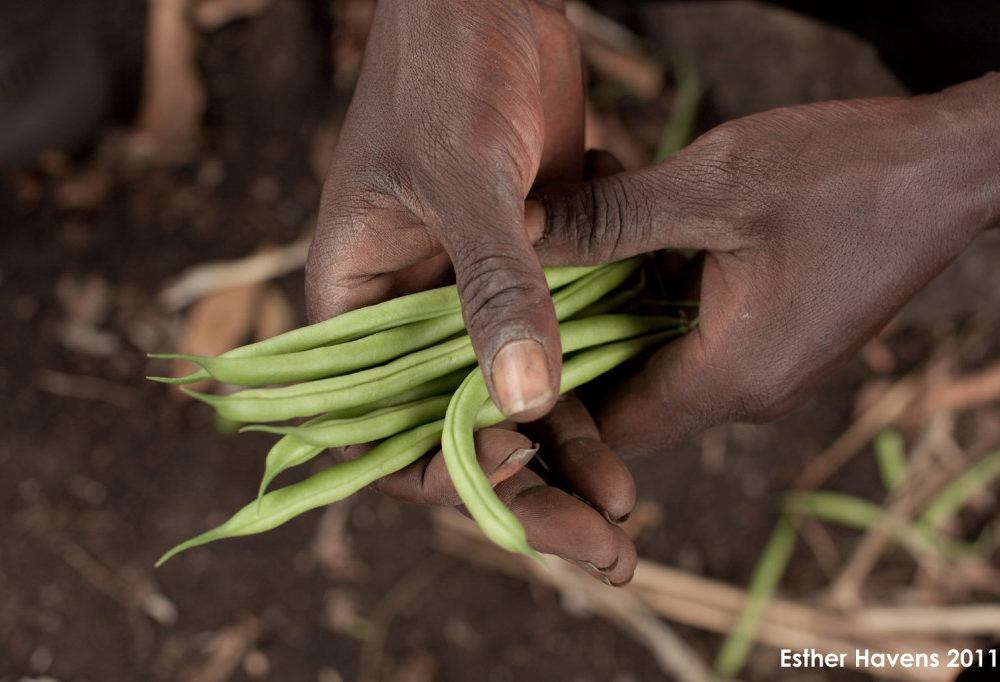
KickStart: A real path out of poverty
Millions of people live in poverty. Kickstart‘s mission is to get these people out of poverty quickly and sustainably. KickStart designs and mass-markets simple, money-making tools and technologies that open up business opportunities to poor entrepreneurs in Sub-Saharan Africa and the developing world. With the increased income they can acquire things for a better life: food, clean water, education for their children and healthcare for their families. To date more than 667.000 people are out of poverty, more than 133.000 enterprises have been created and almost 209.000 children attend school.
Impact
Impacts as of December 2012
- 213.830 pumps sold
- 139.100 enterprises created
- 695.600 people moved out of poverty
- 118,3 Million US$ new profits and wages generated annually
- 218.387 children in school
Beneficiaries
RURAL FARMERS: KickStart enables poor entrepreneurs across Sub-Saharan Africa to have access to a money making product. With the purchase and use of a MoneyMaker Pump, a farmer can they can acquire the goods and services they need to have a better life; plentiful food, clean water, education for their kids, and healthcare for their families.
WOMAN FARMERS: KickStart will enable women entrepreneurs across Kenya to play a larger role in the household decision making. They will make better financial decisions for themselves and their children and will use the income they generate to reach their socio-economic potential.
PRIVAT SECTOR SUPPLY CHAIN: By increasing the demand for Pumps, importers, distributors and dealers in the KickStart network will all benefit from increased pump sales driven by the women entrepreneurs targeted in this project.
NEWLY HIRED FARM LABOR: As a result of increased income from increased crop yields, we anticipate the pump owners to employ more paid workers full time on the farms to assist with agricultural work.
Sustainability
KickStart develops the market for it’s products and services by implementing an intensive program of marketing, promotion, training and demonstrations, using local language media (like FM radio) and field-based activities, reaching out deep into rural areas. The objective is to ensure that ‘MoneyMaker’ micro-irrigation solutions are widely available, and that the value/benefits they offer are universally known by smallholder farmers. This program is necessarily subsidized. As awareness and demand build, eventually growing sufficiently to ‘pull’ supply along the chain, KickStart needs to ‘push’ less, winding down the subsidized marketing/promotion over time to leave in place an active and sustainable market.
As KickStart products and services spread further and faster, the cost per pump sale and cost per family out of poverty will have further diminished and the need for subsidized promotion significantly reduced. The ‘MoneyMaker’ brand will be widely recognized and valued, and local businesses offering agriculture water management and other farm-input solutions will be operating efficiently, ensuring continued supply of products, spares and service.
Innovation
KickStart’s innovative model brings together the power of technology, the sustainability of the private sector market place and the entrepreneurial spirit of the world’s poorest people to create a lasting, scalable and replicable solution to poverty. Irrigation using KickStart’s human-powered ‘MoneyMaker’ pump allows farmers to grow crops all year-round, to grow higher value crops and to produce crops in the dry seasons when water supplies are short and vegetable prices are high. KickStart works with factories, shippers, distributors and dealers to ensure that our pumps are made widely available and accessible to very poor communities in rural areas. Setting up and strengthening local supply chains ensures sustainable delivery through the market and enables future expansion of the network as the market grows.
Scalability
There is a huge untapped potential for KickStart across Sub-Saharan Africa. We estimate there to be a market of 15-20 million rural farmers with limited or no access to agricultural water management solutions, with the majority of them living outside of countries where KickStart currently operates. KickStart’s business model is such that it can be scaled and replicated in new countries and in other areas of the world. Of course the targeted marketing, promotion, training, and demonstrations will need to take into consideration the locality in which implemented, but overall as we have seen with our programs in Tanzania, Mali, and Burkina Faso, saleability and replicability can be obtained.
Source of funding
KickStart, as a non-profit, uses time bound donor subsidies to build market awareness and demand for our products and services. Once an item has reached a critical mass, the marketing efforts are scaled back, the sales continue without subsidy, and a profitable supply chain is left in place. KickStart then focuses on identifying a new business opportunity within gthe scope of it’s Mission, and begins the process of developing the new products and services for that sector. So as one item becomes sustainable, the smart subsidies are “re-assigned” to the new sector and the process continues.